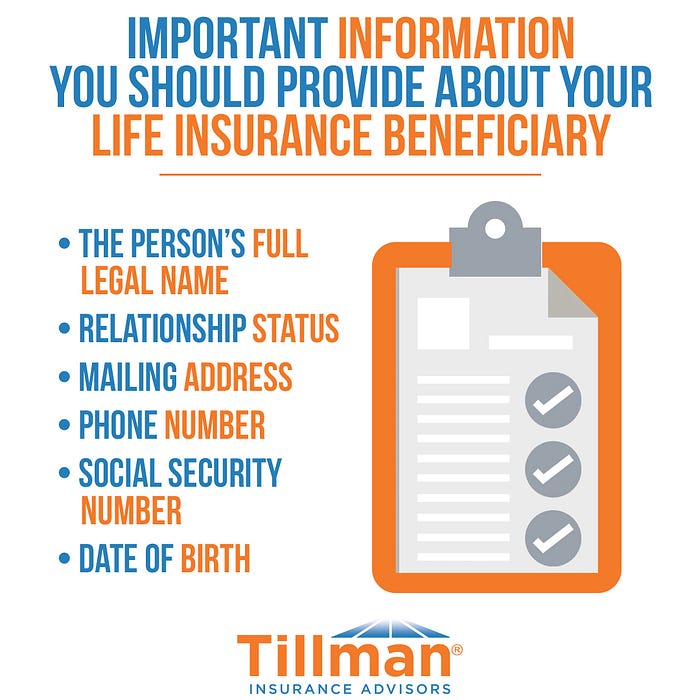
As a self-employed individual, you are your own boss and responsible for your own financial well-being. With the freedom of being self-employed, comes the responsibility of taking care of your financial future, and life insurance can help you do just that. Here are five reasons why you need life insurance if you’re self-employed:
- To cover business debts:
As a self-employed individual, you may have taken on business debts to fund your venture. If something were to happen to you, your business debts could become the responsibility of your family. Life insurance can help cover these debts, so your family doesn’t have to worry about them. - To replace lost income:
If something were to happen to you, your family would lose your income. Life insurance can help replace that lost income, so your family can continue to pay the bills and maintain their standard of living. - To fund buy-sell agreements:
If you are in business with a partner, you may have a buy-sell agreement in place. Life insurance can be used to fund this agreement, so your partner can buy out your share of the business in the event of your death. - To cover final expenses:
Funerals can be expensive, and without life insurance, your family may struggle to pay for your final expenses. Life insurance can help cover these expenses, so your family doesn’t have to worry about the financial burden of a funeral. - To leave a legacy:
Life insurance can be used as an inheritance for your loved ones or to fund a charitable cause you care about. It can be a way to leave a legacy behind after you’re gone.
In conclusion, as a self-employed individual, life insurance is an important tool to help protect your financial future and ensure that your loved ones are taken care of in the event of your passing. It can cover business debts, replace lost income, fund buy-sell agreements, cover final expenses, and leave a legacy. So, if you’re self-employed, it’s important to consider purchasing life insurance to protect your family’s financial future.




